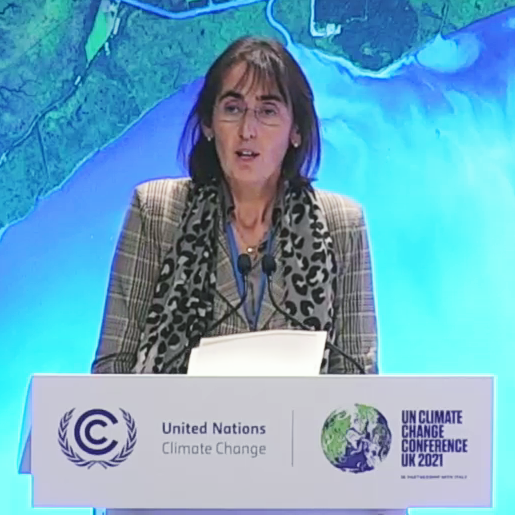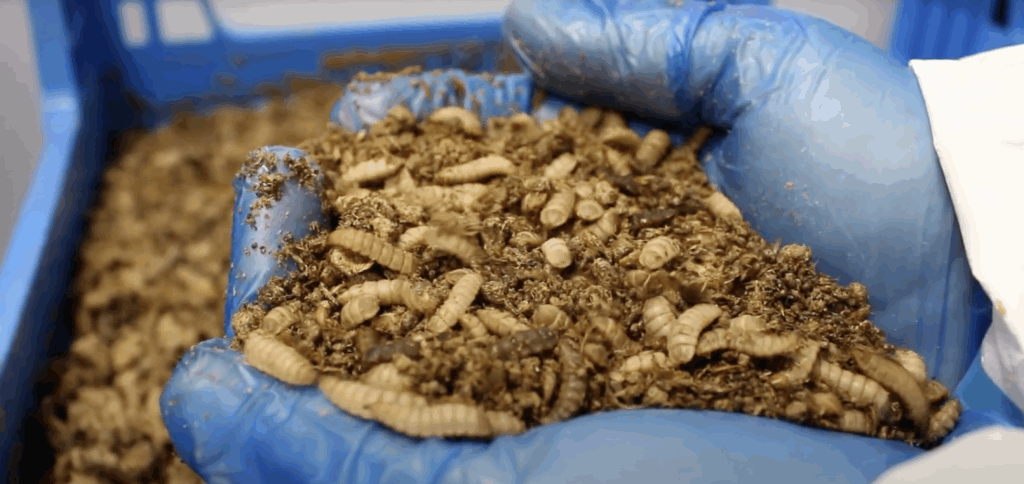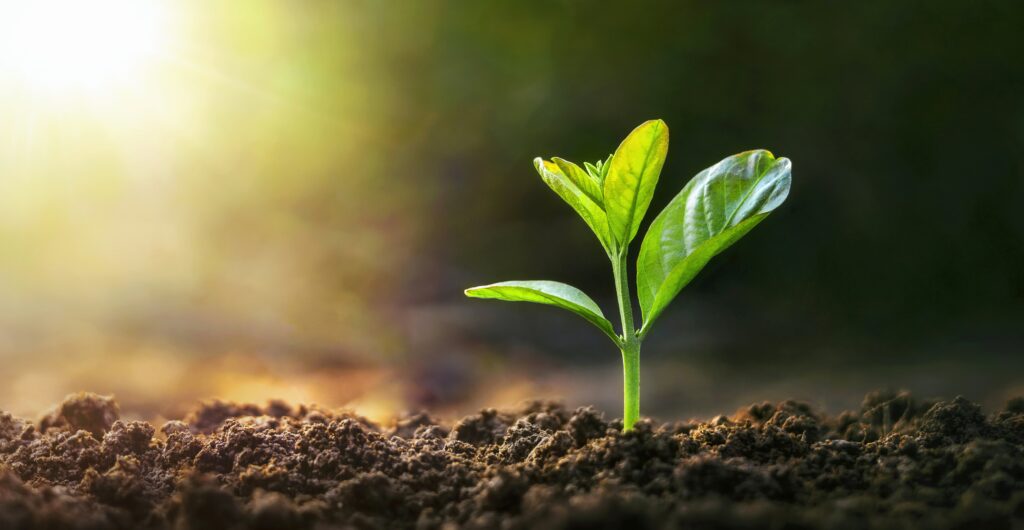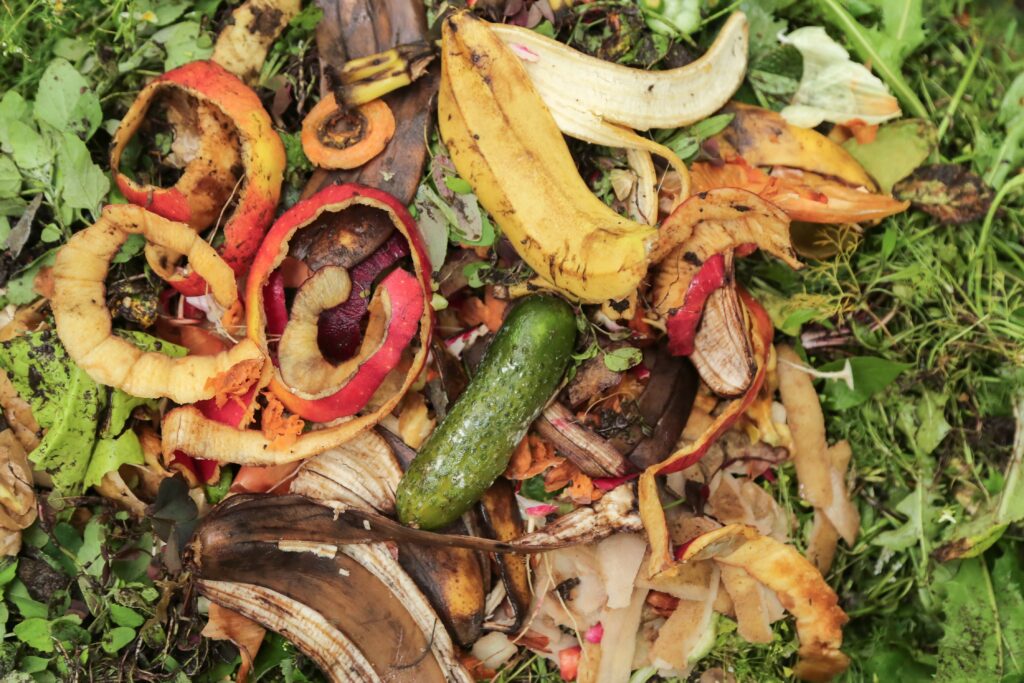Having founded ADBA in 2009 and served as chief executive since, Ms Morton has gradually been stepping down from that role to become chief executive of the World Biogas Association (WBA).

She was also “instrumental” in establishing WBA in 2016. In her WBA role, she addressed the COP26 conference in Glasgow last year to promote the value of anaerobic digestion (AD) as a solution to climate change, particularly the critical role it can play in reducing methane emissions.
Ms Morton said: “I am extremely honoured to receive this OBE. It is critical that we develop the biogas industry to its full potential as fast as possible, not just to mitigate climate change but also for our food and energy security.”
She added that expanding the AD sector would be “a huge commercial opportunity that would create 60,000 new jobs across the UK.”
Ms Morton concluded: “Over the years, many people have worked very hard alongside me to support this objective and so this is very much their award too.
“We still have an awful lot left to do to take the sector where it needs to be, but this gives us a massive boost in our determination to succeed for the benefit of society and the health of the planet.”
AD
ADBA said that, since the trade association’s launch, it has helped facilitated a growth of nearly 400% in the AD sector in the UK.

According to the organisation, the technology is currently credited with reducing the UK’s total annual greenhouse gas emissions by more than 1%. ADBA suggests this could increase to 6% if all organic waste is treated through AD. It says that, with the right government support, this could be achievable by 2030.
Additionally, the sector can reportedly produce two to three more times the amount of gas currently imported from Russia.







Subscribe for free